
Ancient civilizations and cultures have long believed in the existence of energy centers within the body known as chakras. These points of energy, also known as wheels or discs, are said to be responsible for maintaining balance and harmony in the mind, body, and spirit. The concept of chakras has been passed down through generations and is still widely practiced in various forms of spiritual and holistic healing practices.
The Origins of Chakras
The exact origin of chakras is widely debated, with some tracing its roots back to the ancient Hindu texts known as the Vedas. The word chakra in Sanskrit translates to “wheel” or “circle,” and it is believed that these energy centers were first mentioned in the Vedas, dating back to 1500 BCE.
Various eastern spiritual traditions, such as Hinduism and Buddhism, incorporate the concept of chakras into their teachings. In these traditions, it is believed that there are seven main chakras, each corresponding to a different area of the body and associated with a specific color, sound, and element. These seven chakras are:
1. Root Chakra (Muladhara) – Located at the base of the spine, this chakra is associated with survival, grounding, and stability.
2. Sacral Chakra (Svadhisthana) – Located in the lower abdomen, this chakra is linked to creativity, emotions, and sexuality.
3. Solar Plexus Chakra (Manipura) - Located in the upper abdomen, this chakra represents personal power, confidence, and willpower.
4. Heart Chakra (Anahata) – Located in the center of the chest, this chakra is associated with love, compassion, and relationships.
5. Throat Chakra (Vishuddha) – Located in the throat, this chakra is linked to communication, expression, and speaking one’s truth.
6. Third Eye Chakra (Ajna) – Located between the eyebrows, this chakra represents intuition, perception, and inner wisdom.
7. Crown Chakra (Sahasrara) – Located at the top of the head, this chakra is associated with higher consciousness, spiritual connection, and enlightenment.
The Role of Chakras in the Body
According to the ancient teachings, chakras are responsible for maintaining the flow of energy or prana throughout the body. These energy centers are said to be connected to different glands and organs, and when in balance, can lead to physical, emotional, and spiritual well-being.
When one or more chakras are blocked or imbalanced, it can result in various physical and emotional symptoms. For example, a blocked root chakra may lead to feelings of fear, insecurity, and digestive issues, while an imbalanced throat chakra may manifest as difficulty speaking up or expressing oneself.
Therefore, it is crucial to maintain a healthy flow of energy within the chakras to ensure overall health and well-being. This is where various healing practices come into play, such as yoga, meditation, and energy work, all of which aim to balance and align the chakras.
The Modern Day Understanding and Practice of Chakras
In recent years, the concept of chakras has gained popularity in the west, and it is now more widely understood and practiced in various forms of alternative healing. From crystal healing to Reiki, many modern-day holistic practitioners incorporate chakra healing into their treatments.
Moreover, with the rise of technology, there are now numerous chakra balancing apps, guided meditations, and online courses available for those interested in exploring this ancient practice.
In conclusion, the concept of chakras has a long and rich history dating back thousands of years. Its importance in maintaining overall well-being and balance has stood the test of time and continues to be a fundamental aspect of eastern spiritual and healing practices. As we continue to search for ways to connect our mind, body, and spirit, the ancient wisdom of chakras offers a timeless approach to achieving harmony and inner peace. Incorporating chakra balancing into our daily lives may just be the key to unlocking our full potential and living a more fulfilling and balanced life.
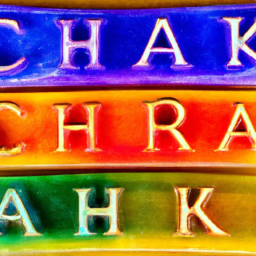
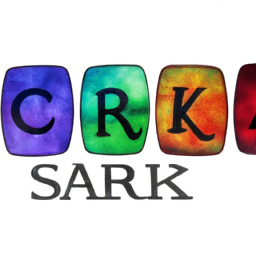
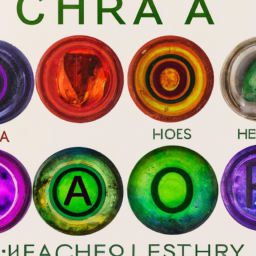
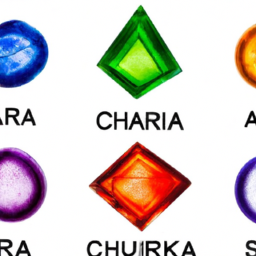
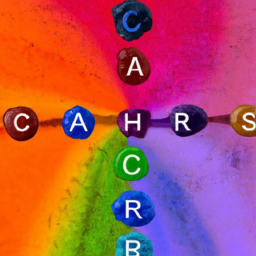
Fascinating stuff!
Great article! Very informative – a must read for anyone interested in learning more about the history and significance of chakras.
Amazing read!
This is an incredibly comprehensive resource for learning about the history of chakras. A must-read for anyone looking to understand more about this important subject.